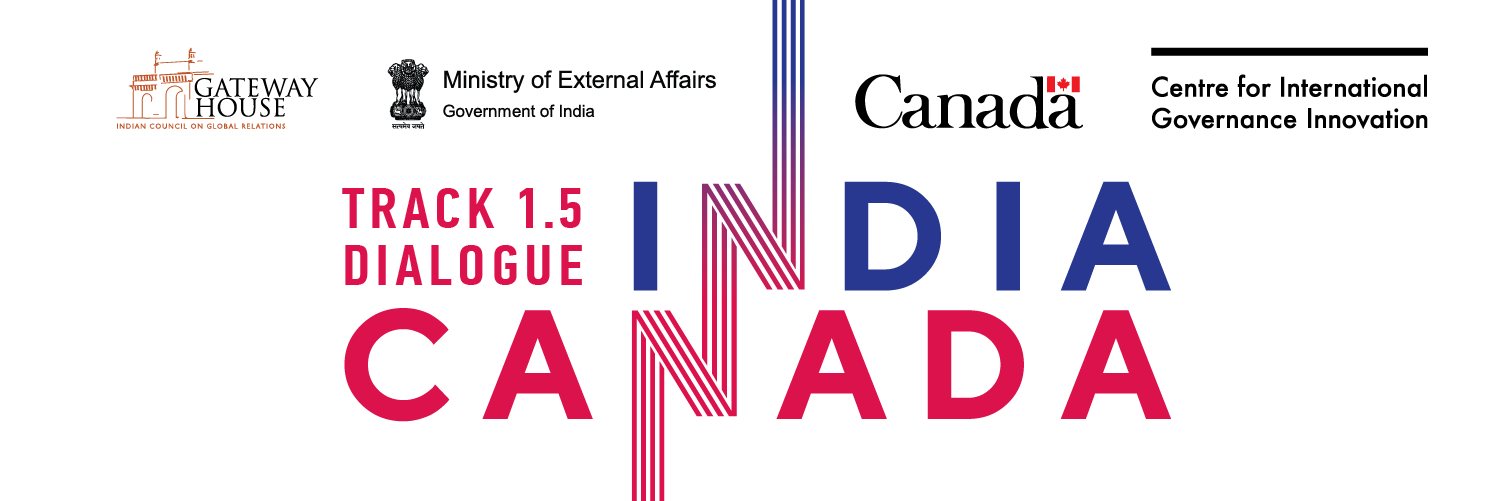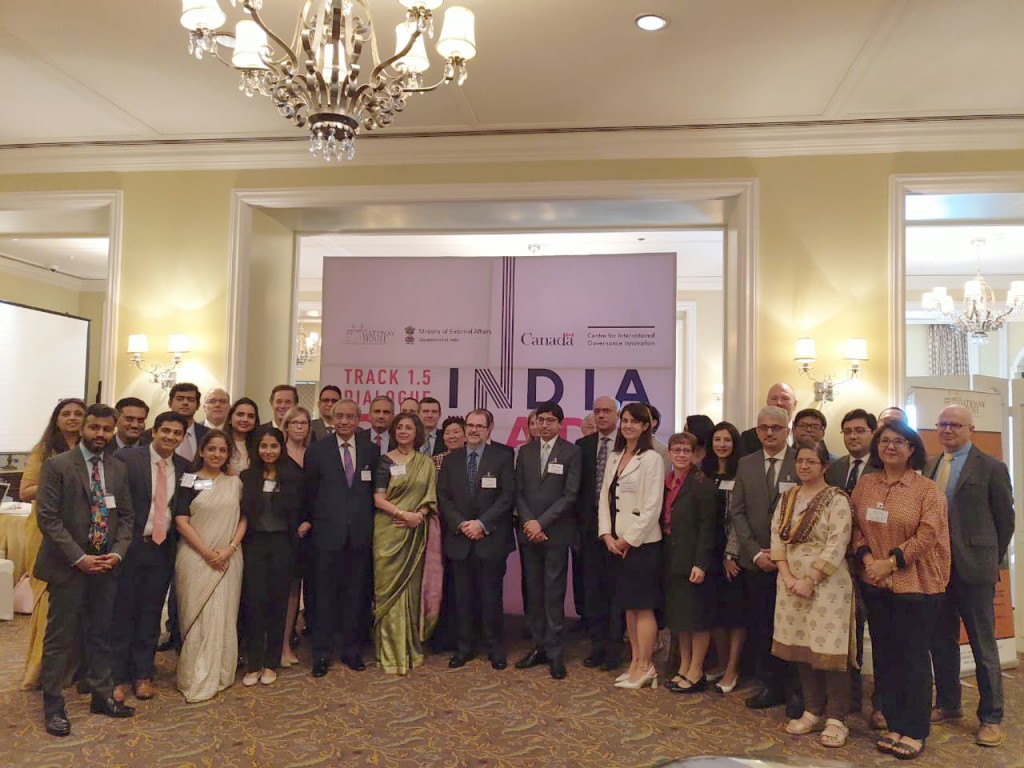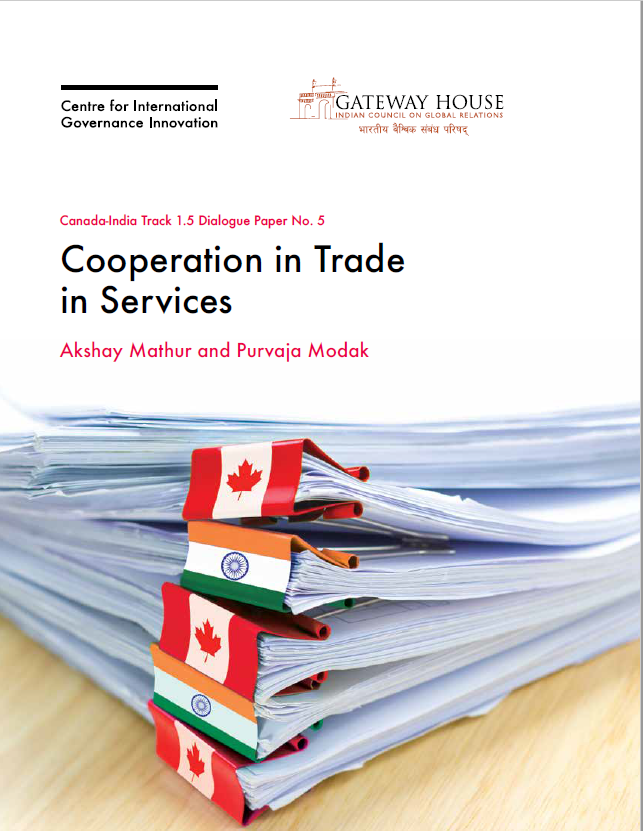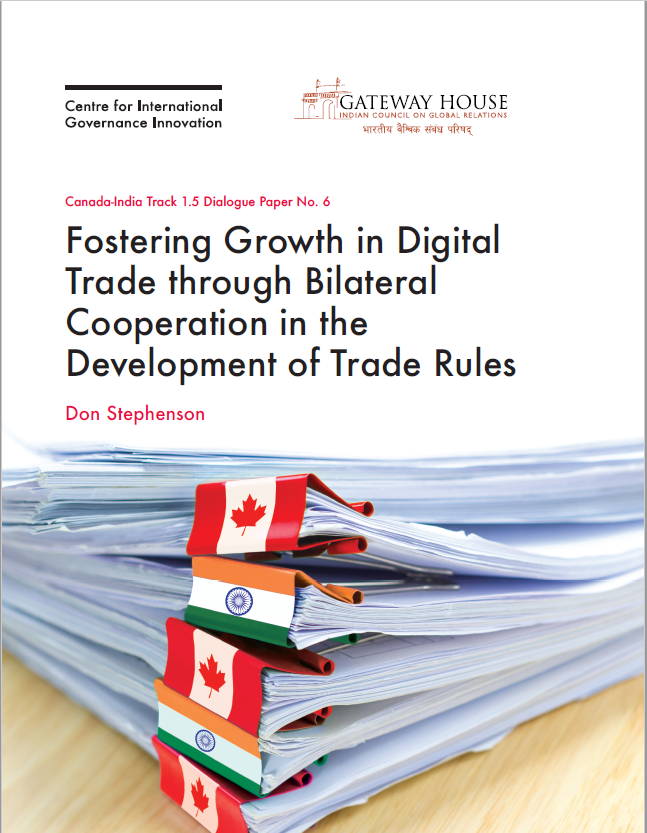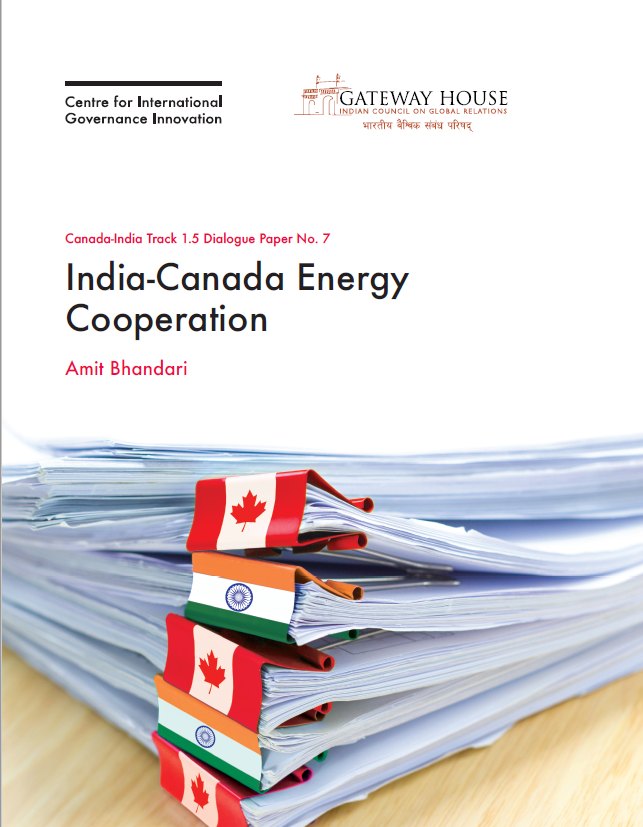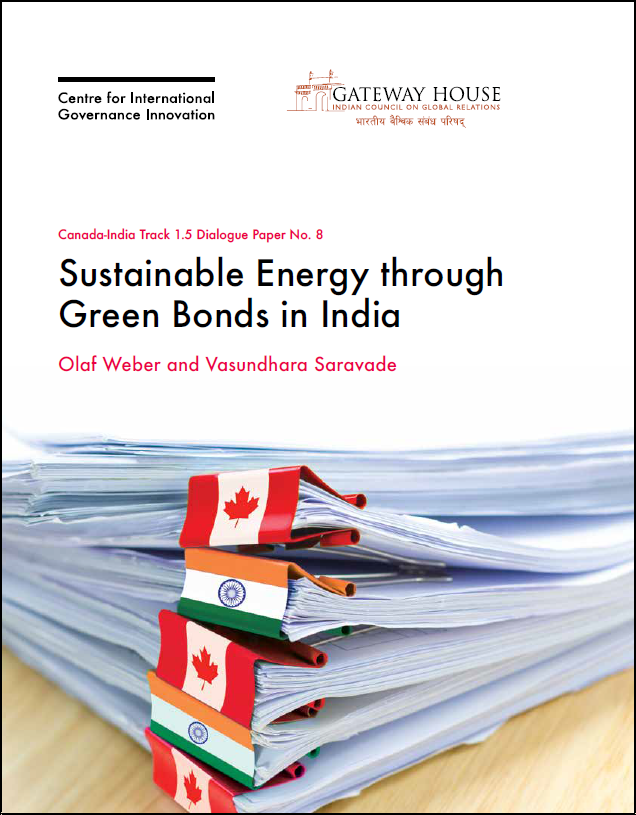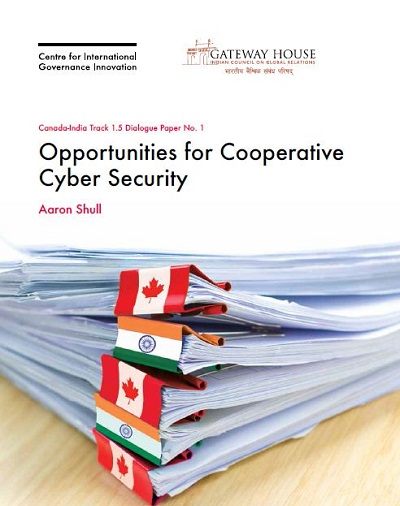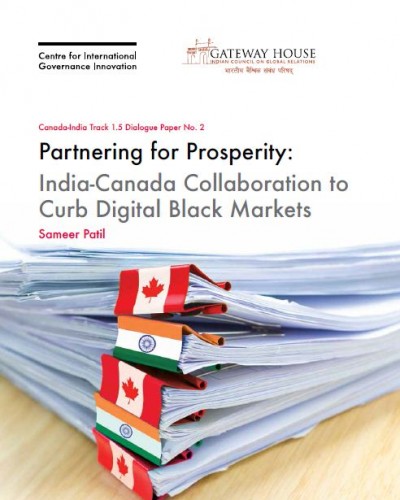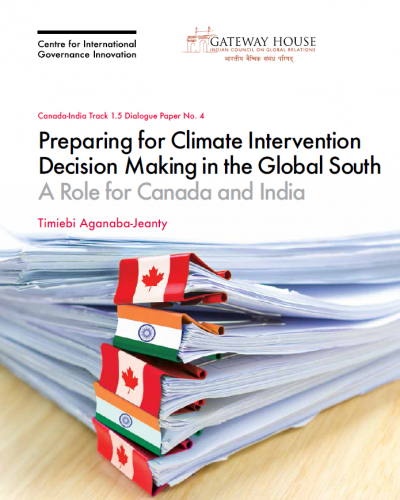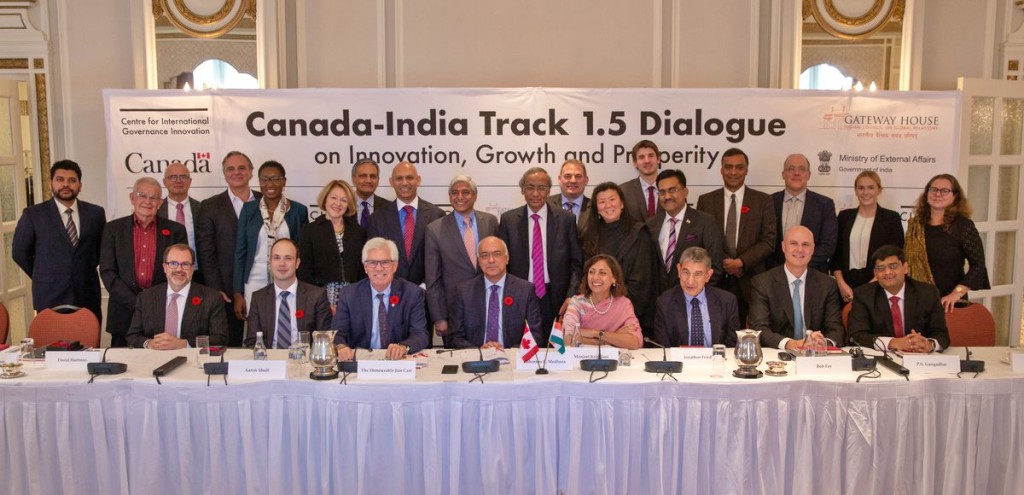The India-Canada Track 1.5 Dialogue on Innovation, Growth and Prosperity is a three-year initiative between Gateway House: Indian Council on Global Relations and the Centre for International Governance Innovation (CIGI), to explore areas for closer cooperation. Experts, government officials and business leaders will convene annually to promote bilateral economic growth and innovation in today’s digital economy.
India and Canada maintain strong bilateral relations built on the foundation of shared values and healthy economic ties. Economic exchanges between India and Canada are on an upward trajectory, but there continue to be unexplored areas for mutually beneficial growth, especially in light of rapid developments in technology that are changing every facet of the economy and society in both countries. To address these challenges, the partnership will help develop policy recommendations to promote innovation and navigate shared governance issues that are integral to the continued growth of India-Canada bilateral relations.
The India-Canada Track 1.5 Dialogue on Innovation, Growth and Prosperity strives to build closer ties between India and Canada and nurture the relationship to its full potential. India and Canada can be global leaders in innovation and the India-Canada Track 1.5 Dialogue will seek opportunities to work jointly on multilateral issues and identify areas where improved cooperation could benefit both countries.
In addition to its focus on innovation, the partnership will examine topics such as collaboration on research and higher education, promotion of India-Canada trade and investment, energy cooperation, and issues pertaining to global governance.
Through this partnership, India and Canada can be intellectual partners and cooperate in the design of their global governance frameworks.

